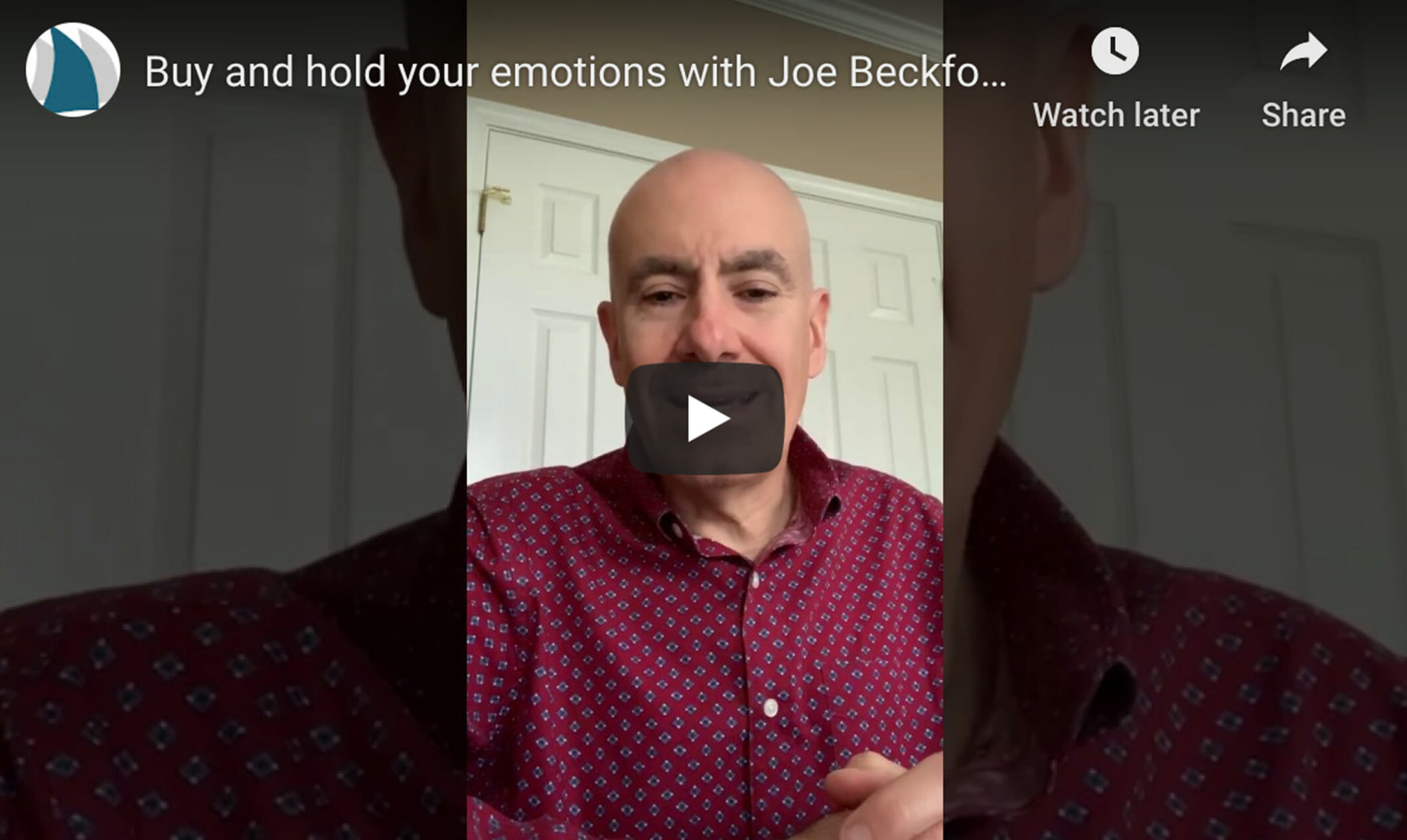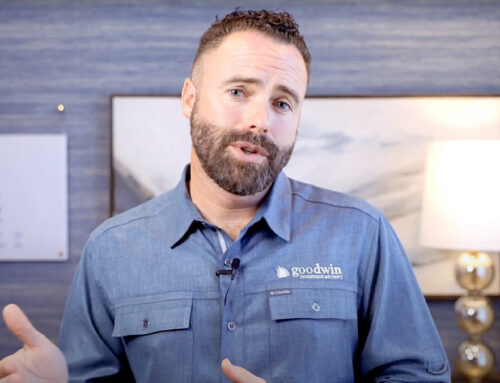
March 12, 2020
Joe Beckford, Financial Advisor at Goodwin Investment Advisory shares some excellent questions about our current financial state, with insightful answers, plus an emotional check. He shares how we not only need to buy and hold in the market, but we need to do the same with our emotions and stop allowing the volatile market, or uncertainty, to allow us to day trade our emotions. It is easy to listen to the panic, but if you can turn off the noise and choose to stay calm and find peace you will benefit in the long run.
Financial Questions to ask yourself:
- Are record low interest rates good for the economy or bad for the economy?
- Would lower energy prices be good for US consumers and the economy or bad for US consumers and the economy?
- Before the coronavirus outbreak, was the US on a solid growth path with modest inflation and strong job growth? Can the US economy recover from the current supply disruption and get back to growth?
- Are US banks in strong financial positions with steady loan activity and cash-rich balance sheets?
- When the ‘dust settles’ on the current crisis, are we going to be left with record-low mortgage rates, interest rates, low energy prices, opportunity for job growth, and attractively-priced stocks?
- Has the global stock market recovered from previous virus outbreaks and pandemics?
The answer to all of these above questions is “YES.” The Dow’s 5 worst single-day point drops have all been this month, but so have the index’s four best days, all of which saw a gain of more than 1,000 points. A similar pattern has played out for the S&P. This month the index has seen its four worst point drops in history, as well as its five largest point gains. As the indices have moved higher over time, larger point gains and losses amount to smaller percentage moves, of course, but the numbers are still notable.
While it might seem counterintuitive to sit back and relax while stocks post swift and steep losses, for investors with longer-term time frames it typically pays to wait it out. Looking at data going back to 1930, Bank of America found that if an investor missed the S&P 500′s 10 best days in each decade, total returns would be just 91%, strikingly below the 14,962% return for investors who held steady throughout the ups and downs. It’s nearly impossible to time you’re investing so that you get out at the right time and then get back in at the exact right time to profit from big comeback rallies.
Seth Godin had some great insight on his blog about the concept of day-trading. He wrote, “When the stock market is on an upward tear, day trading becomes popular. You sit in your basement, surrounded by terminals and tickers, searching for the latest bits of information, hoping to make a profit buying and selling based on what’s happening in this very instant.” He explains that it’s pretty tempting to day trade your emotions in this uncertain season. We’ve piped the voices of billion people directly into our brains. The loudest, angriest, most frightened people are the ones that are amplified the most. Everyone sharing what’s breaking. The visceral angst of this very moment, over and over. Just as it’s almost impossible to make a profit as a day trader, it’s difficult to be happy when you day trade emotions. But there’s an alternative:
- Buy and hold.
- Stand for something.
- Stick with it.
- Long-term contributions matter. Today ends tonight and tomorrow starts again, but we only get one long-term life.
- Add up the sum of our days and that’s who we are. We get what we repeat.










